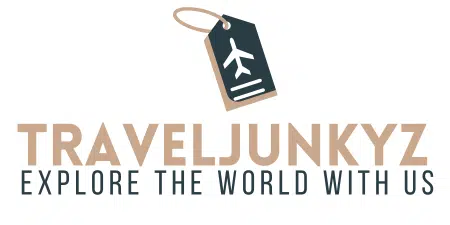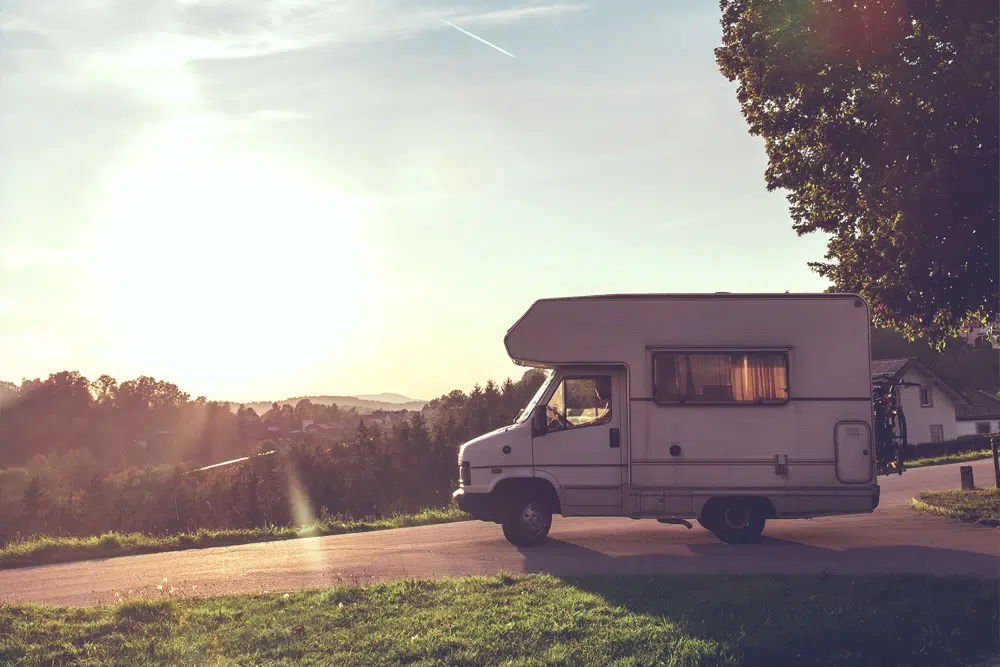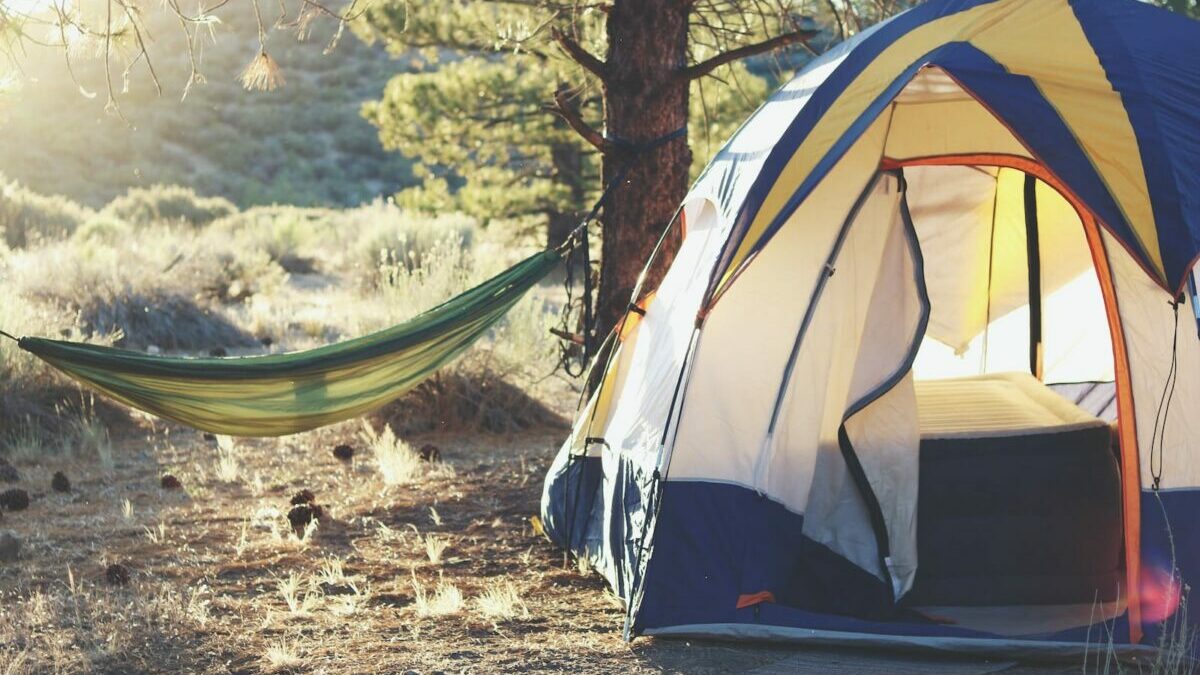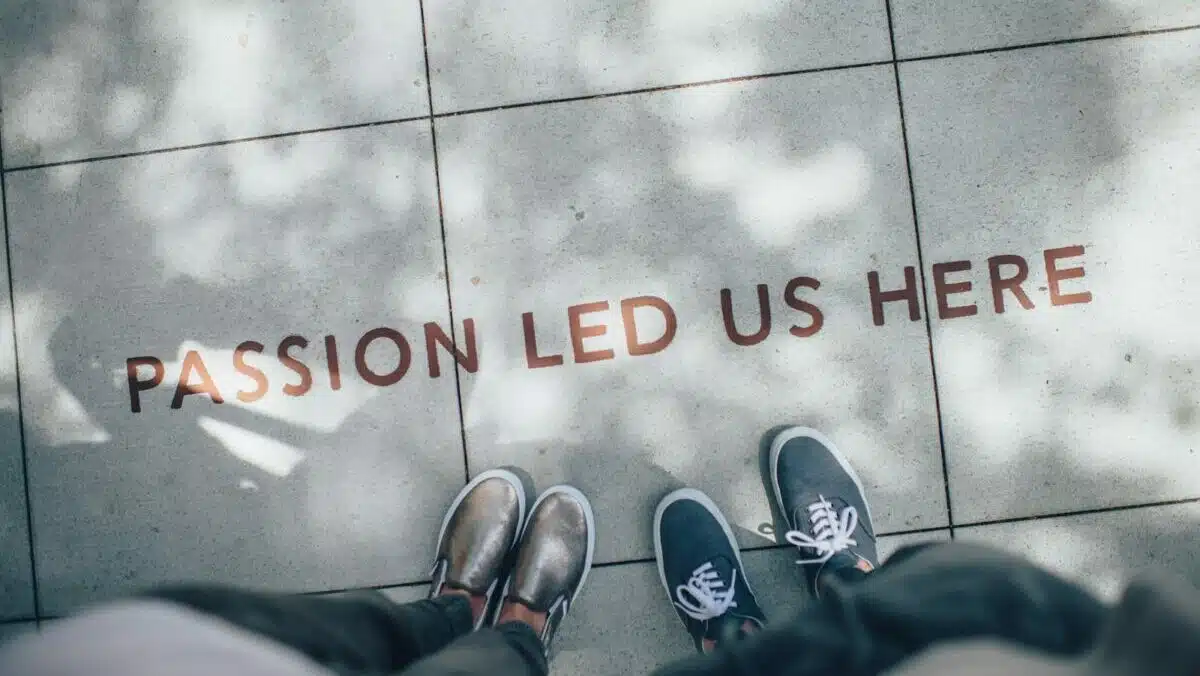
Top travel tips for first-time travelers
Traveling for the first time can be both exhilarating and nerve-wracking. Proper preparation helps ensure a smooth and enjoyable experience. Start by researching your destination thoroughly. Understand local customs, weather, and transportation options. Creating a flexible itinerary can help you make the most of your trip.
It’s crucial to pack only what you need to avoid unnecessary stress. Essential documents like passports, tickets, and emergency contacts should always be easily accessible. Investing in travel insurance provides an extra layer of security. Lastly, a basic first-aid kit can be a lifesaver for minor ailments. With these tips, first-time travelers can embark on their adventures with confidence and ease.
Planning Your Trip
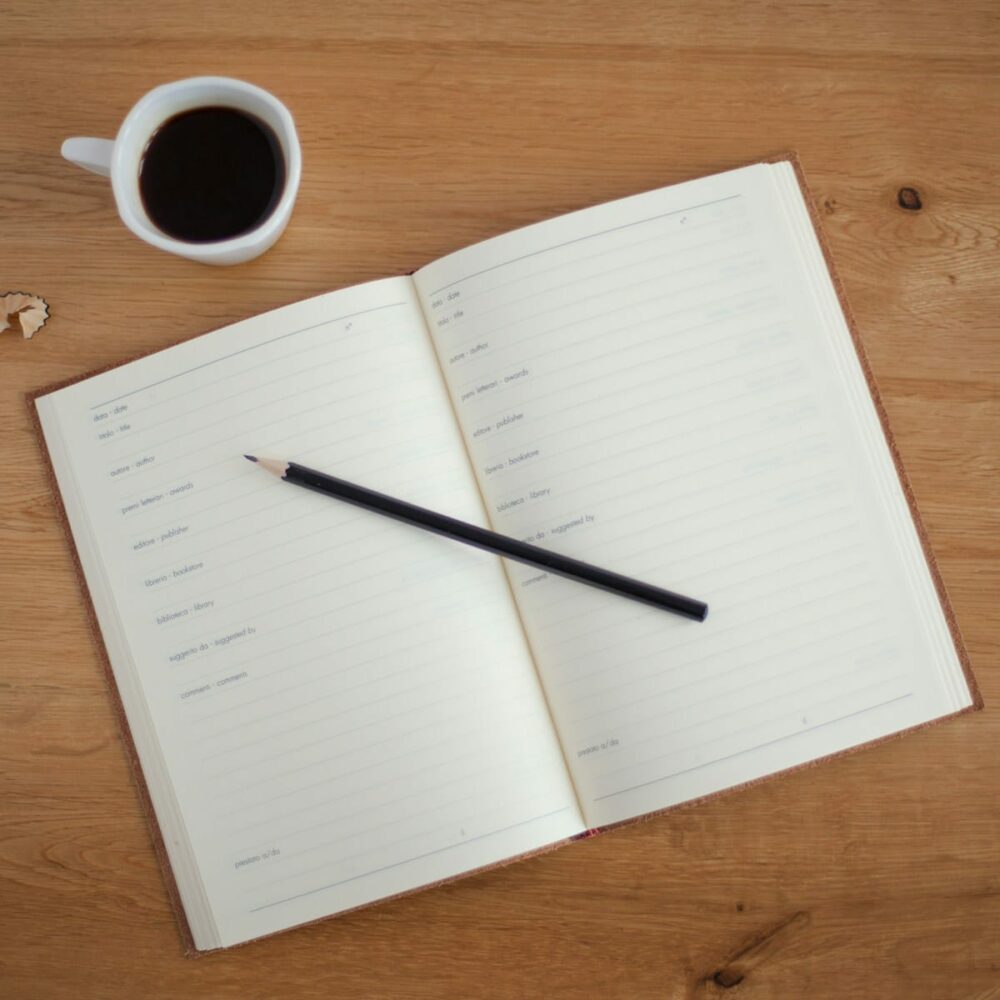
Planning your trip can be exciting and overwhelming. With the right steps, you can make it easy and fun. This section will help you with the basics.
Setting A Budget
Setting a budget is the first step. Decide how much you can spend. Include flights, accommodation, food, and activities.
Here’s a simple table to help you:
| Category | Estimated Cost |
|---|---|
| Flights | $500 |
| Accommodation | $300 |
| Food | $200 |
| Activities | $100 |
Choosing A Destination
Choosing a destination is the fun part. Think about what you love. Do you enjoy beaches, mountains, or cities?
- For beaches, consider Hawaii or the Caribbean.
- For mountains, try the Swiss Alps.
- For cities, explore New York or Tokyo.
Make sure the destination fits your budget. Check the cost of living there. Look for affordable flights and accommodation.
Booking Essentials
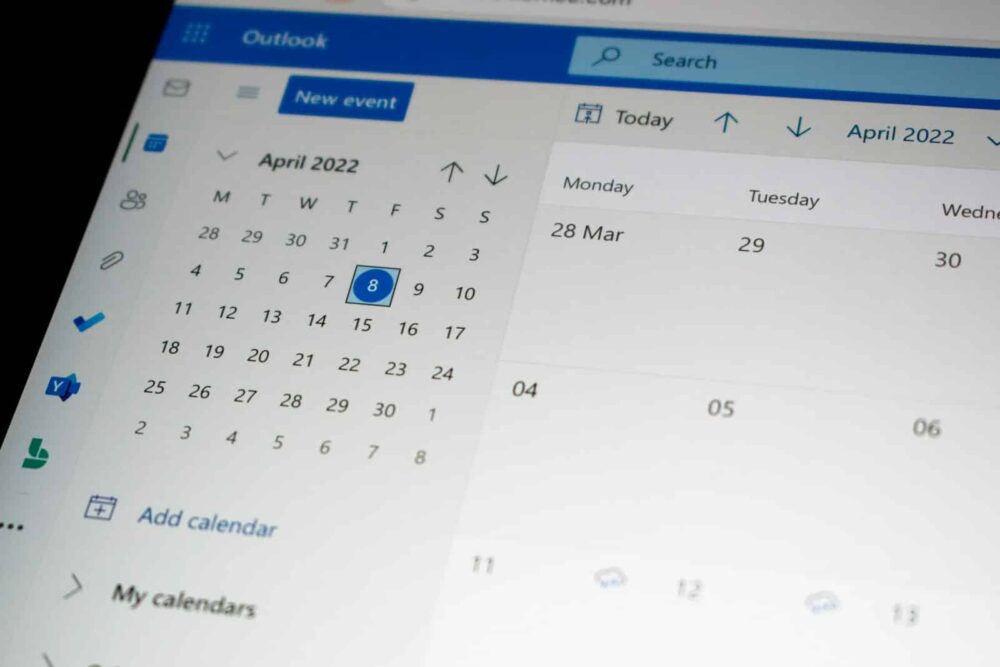
Booking essentials are crucial for first-time travelers. These include finding flights and picking the right accommodation. Planning these aspects well ensures a smooth and enjoyable trip.
Finding Flights
Finding the best flights can be challenging for new travelers. Start by using flight comparison websites like Skyscanner or Google Flights. These platforms help you find the best deals. Set up price alerts to track fare changes. Consider flying mid-week, as tickets are often cheaper.
Booking in advance can also save money. Airlines usually offer better prices months before the departure date. Flexible travel dates can help you find cheaper flights. Always check for hidden fees like baggage charges before booking.
Accommodation Options
Choosing the right place to stay is vital. There are many options like hotels, hostels, and vacation rentals. Each type offers different experiences and price ranges.
- Hotels: Offer comfort and amenities like pools and restaurants. Suitable for those who want convenience.
- Hostels: Budget-friendly and great for meeting other travelers. Ideal for solo travelers or those on a tight budget.
- Vacation Rentals: Provide a home-like experience. Good for families or groups looking for space and privacy.
Use websites like Booking.com* or Airbnb to find the best options. Read reviews to ensure the place meets your needs and expectations.
Consider the location of your accommodation. Staying close to public transport or main attractions can save time and money. Always check the cancellation policy before making a reservation.
Packing Smart
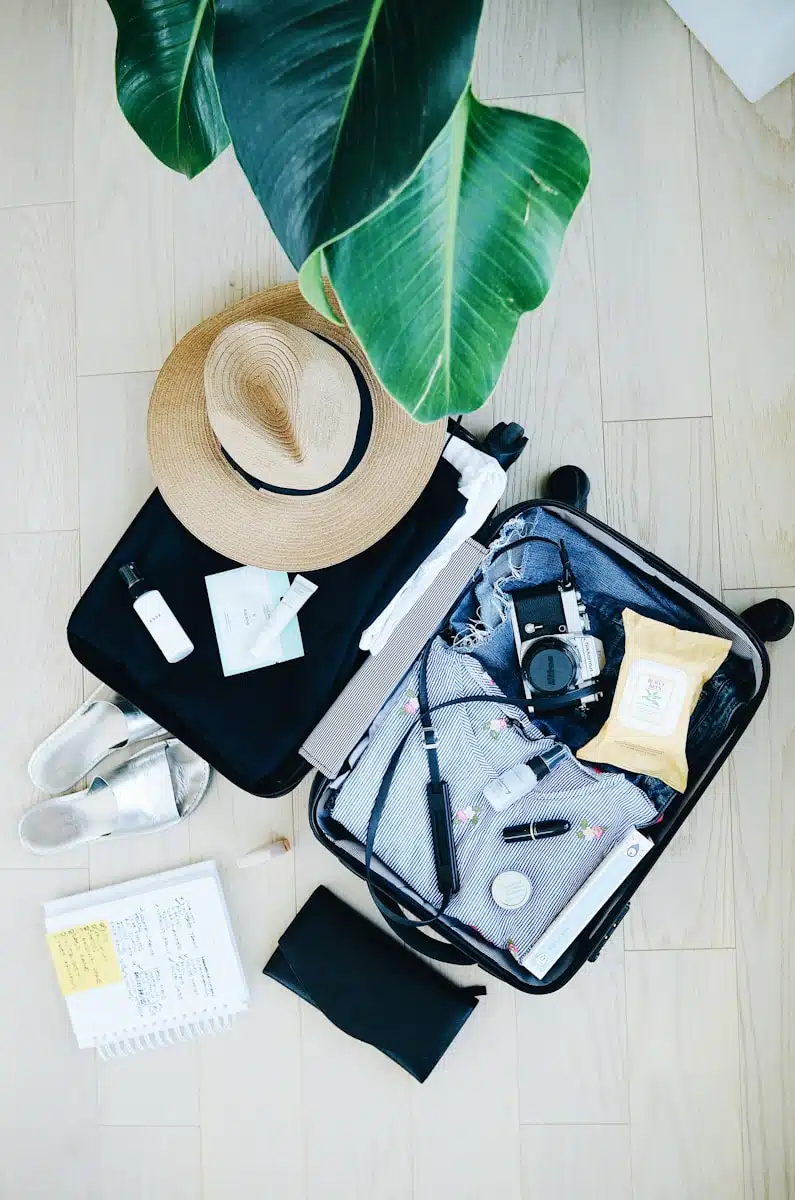
Packing smart can make your first trip wonderful. It saves time and stress. Follow these tips to pack like a pro.
Essential Items
Always pack essential items first. These items ensure a smooth trip. Here is a list of must-haves:
- Passport and ID — Never travel without these.
- Travel Insurance — Protect yourself and your belongings.
- Medications — Carry enough for the entire trip.
- Phone and Charger — Stay connected and powered up.
- Credit Cards and Cash — Have multiple payment options.
Travel Light
Traveling light makes your journey easier. It reduces stress and hassle. Follow these tips to pack light:
- Choose versatile clothing — Pack items that can mix and match.
- Limit shoes — Two pairs are usually enough.
- Use packing cubes — They organize and save space.
- Carry travel-sized toiletries — Small bottles save space.
- Wear your heaviest items — Save room in your suitcase.
For quick reference, here is a simple table of what to pack:
| Category | Items |
|---|---|
| Essentials | Passport, ID, Insurance, Medications, Phone, Charger, Credit Cards, Cash |
| Clothing | Versatile outfits, Two pairs of shoes, Accessories |
| Toiletries | Travel-sized shampoo, toothpaste, soap, other personal items |
Ad
Travel Documents
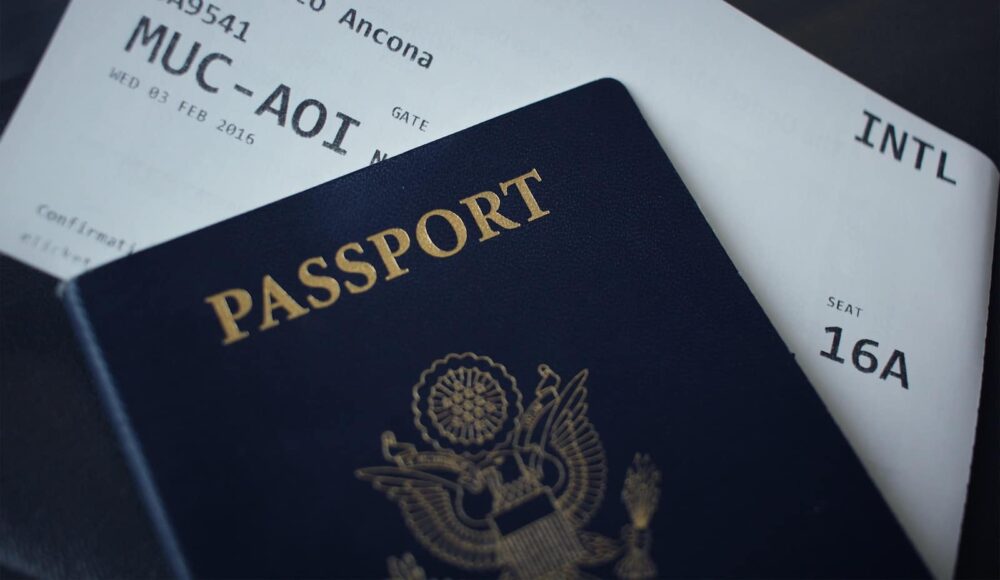
Travel documents are essential for any trip. First-time travelers must prepare these documents well in advance. Missing or incorrect documents can ruin your travel plans. Below are important tips for handling travel documents.
Passports And Visas
Passports are your primary travel document. Ensure your passport is valid for at least six months beyond your travel dates. Check the expiration date and renew it if necessary. Some countries won’t let you in with a nearly expired passport.
Visas are also crucial. Research if your destination requires a visa. Each country has different visa requirements. Some allow visas on arrival, while others need you to apply in advance. Visit the official embassy website for accurate information.
| Country | Visa Required? | Application Method |
|---|---|---|
| USA* | Yes | Apply Online |
| France* | No | Not Required |
| India* | Yes | Apply at Embassy |
Travel Insurance
Travel insurance* is a must for all travelers. It covers unexpected events like medical emergencies, trip cancellations, or lost luggage. Without insurance, you may face high costs.
Compare different insurance plans. Look for coverage that includes medical, trip cancellation, and lost baggage. Some providers offer additional benefits like 24/7 assistance or adventure sports coverage.
- Medical Coverage
- Trip Cancellation
- Lost Baggage
- 24/7 Assistance
Always read the fine print. Understand what is covered and any exclusions. Keep a copy of your travel insurance policy with your travel documents.
Health And Safety

Traveling for the first time is exciting. But prioritizing health and safety is crucial. Here are top tips to stay safe and healthy during your trip.
Vaccinations
Ensure you have all necessary vaccinations before traveling. Visit your healthcare provider at least six weeks before your trip. Check which vaccines are required for your destination.
| Destination | Required Vaccinations |
|---|---|
| Africa | Yellow Fever, Typhoid, Hepatitis A |
| Asia | Japanese Encephalitis, Typhoid, Hepatitis A |
| South America | Yellow Fever, Typhoid, Hepatitis A |
Keep your vaccination records with you. Some countries might ask for proof at the border. It’s better to be prepared.
Emergency Contacts
Having emergency contacts ready can save your life. Create a list of important contacts before you leave. This list should include:
- Local embassy or consulate
- Emergency services in your destination country
- Your healthcare provider at home
- Family or friends who can assist
Store these contacts in your phone and a printed copy in your bag. Make sure your family has a copy too.
Knowing where to get help is essential. Research hospitals and clinics near your accommodation. This will save precious time in an emergency.
Navigating Airports
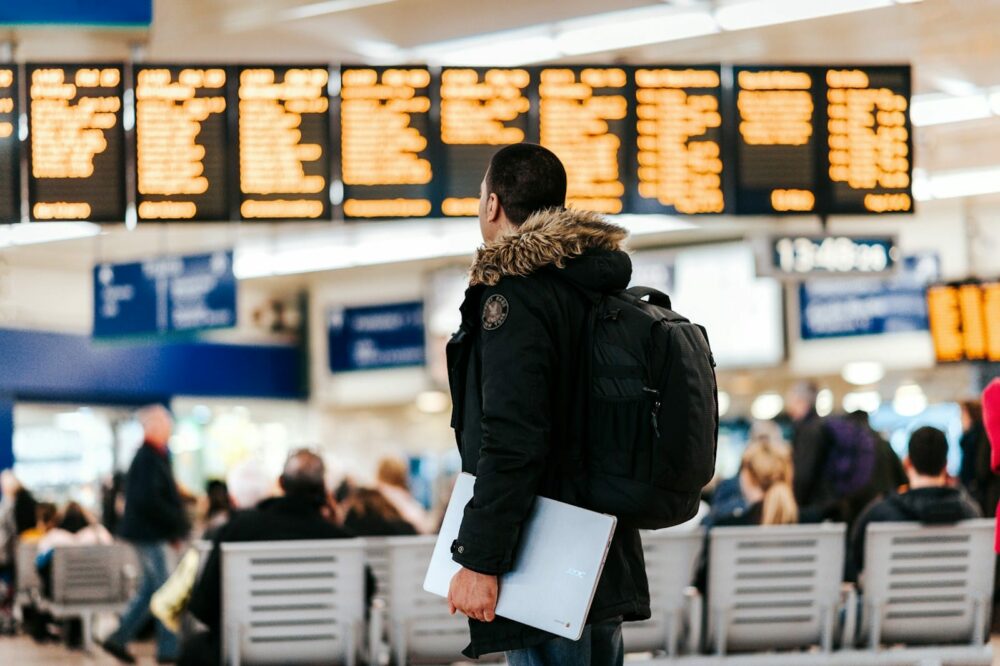
First-time travelers often find airports overwhelming. With proper planning, navigating airports can be smooth and stress-free. This guide provides essential tips to help first-time travelers navigate airports efficiently.
Check-in Process
The check-in process is the first step in your airport journey. Here are some key tips to make it seamless:
- Arrive Early: Arrive at least 2 hours before domestic flights and 3 hours before international flights.
- Online Check-In: Many airlines offer online check-in. This saves time and allows you to choose your seat in advance.
- Have Documents Ready: Keep your passport, ID, and boarding pass easily accessible.
- Weigh Your Luggage: Ensure your luggage meets the airline’s weight restrictions to avoid extra fees.
Security Procedures
Security procedures can be daunting, but preparation helps. Follow these tips for a smoother experience:
- Understand TSA Rules: Familiarize yourself with TSA rules on liquids, electronics, and prohibited items.
- Wear Easy-to-Remove Shoes: You’ll need to remove your shoes at security checkpoints.
- Empty Your Pockets: Place keys, phones, and coins in your carry-on before reaching security.
- Use a Clear Plastic Bag: Pack liquids in a clear, quart-sized plastic bag. Each container should be 3.4 ounces or fewer.
Following these tips will ensure a smooth and efficient journey through the airport. Stay calm and enjoy your trip!
Local Transportation

First-time travelers often find local transportation daunting. But, it can be simple. Whether using public transit or renting a car, understanding your options makes a big difference.
Public Transit
Public transit is a great way to get around. It’s regularly the cheapest choice. Look for buses, trains, and subways. Research routes and schedules before your trip. Many cities have apps to help you navigate. Always carry some local currency for tickets.
Here are some quick tips for using public transit:
- Download transit apps for real-time updates.
- Avoid rush hours to miss the crowds.
- Keep an eye on your belongings to stay safe.
Car Rentals
Renting a car offers freedom and flexibility. It’s ideal for exploring areas outside the city. Check rental requirements before booking. Most agencies need a valid driver’s license and a credit card.
Consider these tips when renting a car:
- Compare prices online for the best deals.
- Inspect the car before driving away.
- Understand the insurance options available.
Here’s a quick comparison of public transit and car rentals:
| Aspect | Public Transit | Car Rentals |
|---|---|---|
| Cost | Usually cheaper | Can be expensive |
| Flexibility | Fixed routes and schedules | Go anywhere, anytime |
| Ease of Use | Easy with apps | Requires navigation skills |
Both options have their benefits. Choose based on your needs and comfort.
Ad
Cultural Tips
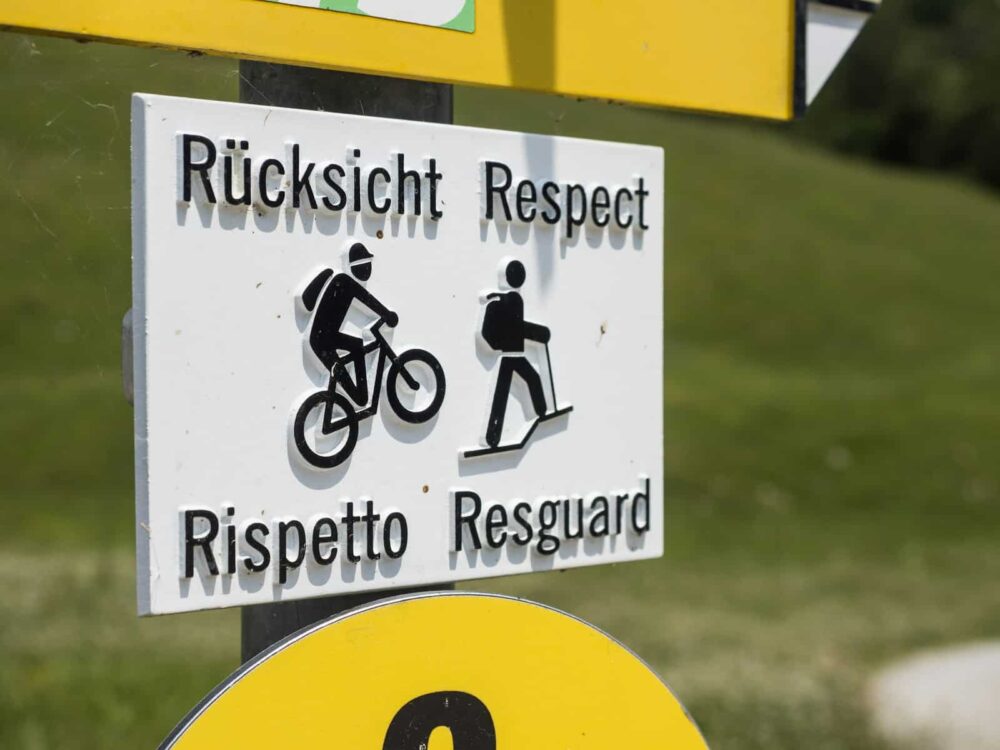
Traveling to a new country can be thrilling, but also challenging. Understanding local customs and language basics can make your journey smoother. Here are some cultural tips to help first-time travelers feel more comfortable and respectful in a foreign land.
Local Customs
Each culture has its own unique customs. It’s important to know them before you go. This helps you avoid any unintentional disrespect.
- Greetings: Learn how locals greet each other. A simple nod, handshake, or bow can mean a lot.
- Dress Code: Some places have strict dress codes. Always dress modestly in religious sites.
- Table Manners: Dining etiquette varies. In some cultures, it’s polite to finish everything on your plate.
Language Basics
Knowing a few basic phrases can go a long way. It shows locals that you respect their culture.
| Phrase | Translation |
|---|---|
| Hello | Bonjour (French) |
| Thank you | Gracias (Spanish) |
| Yes | Ja (German) |
| No | Nei (Norwegian) |
Here are some tips to get started:
- Download a language app. This helps with pronunciation.
- Carry a phrasebook. It’s handy for quick reference.
- Practice common phrases. Use them daily to build confidence.
Ad
Conclusion
Embarking on your first travel adventure is exciting and transformative. Follow these tips to ensure a smooth journey. Stay prepared, be flexible, and enjoy every moment. Travel opens doors to new experiences and lifelong memories. Safe travels and happy exploring!
Note: Links marked with an asterisk (*) or “Ad” are so-called affiliate links. As an Amazon partner, we earn from qualified sales. The same applies to other partners. This means that we receive a small commission on purchases or bookings to finance this site. There are no additional costs for you!

